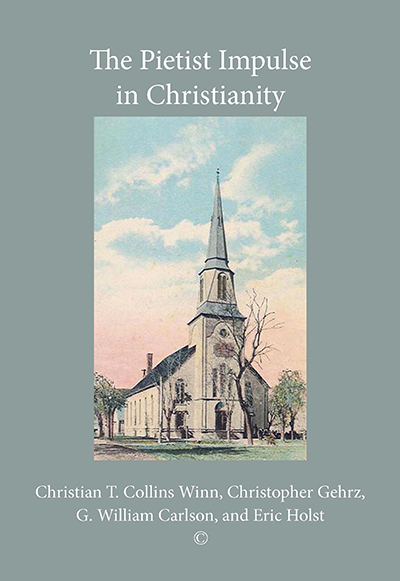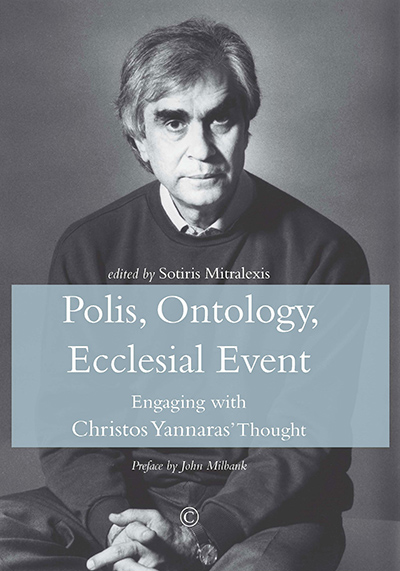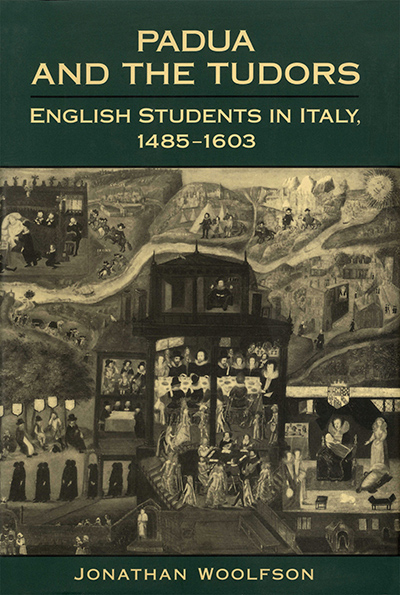Description
This book provides a masterfully handled, multi-authored analysis of the Pietist movement; tracing its origins in Northern Europe through the centuries and concluding with an examination of its enormous influence upon the vast swathes of Western and global Christianity.
The origins of modern Evangelicalism can be traced from characteristics of the Pietist movement; the baptism of believers, a believer’s church, encouragement to read and study the Bible oneself, the importance of personal prayer, and of embracing a virtuous lifestyle. This volume is essential to a better understanding of this theological heritage, particularly as the majority of contemporary Christians are unaware of the pivotal role of Pietism in the development of the Church. Far from being an inward-looking sectarian movement of popular stereotype, Pietists have long shown a strong interest in issues of social and ecclesial reform, the nature of history and historical inquiry, the shape and purpose of theology and theological education, the missional task of the church, and social justice and political engagement. Contributing authors clarify the importance of Pietism as it is weaved into the fabric of the Church, the arts, intellectual dialogue, and address the diverse understandings of the origins and effects of the movement covering an expansive geographical and cultural scope.
The study of Pietism has become an international and multidisciplinary intellectual endeavour, as the diversity of this volume eloquently demonstrates. This is a work which sheds much needed light upon a seminal movement, and will be of great interest to any Christian or theologian seeking an understanding of contemporary Christianity.
About the Author
Christian T. Collins Winn is Associate Professor of Historical and Systematic Theology at Bethel University in St. Paul, Minnesota. He is author of “Jesus is Victor!”: The Significance of the Blumhardts for the Theology of Karl Barth (2008) and Series Editor for the Blumhardt Series (Cascade Books).
G. William Carlson is Professor of History and Political Science at Bethel University in St. Paul, Minnesota. He is the author of numerous articles on Baptist General Conference history, Swedish Pietism, religion in the Soviet Union, and comparative evangelical political thought.
Christopher Gehrz is Associate Professor of History and coordinator of the Christianity and Western Culture Program at Bethel University in S. Paul, Minnesota.
Eric Holst is a graduate of Bethel Seminary, with an interest in contextual theology and theories of Christian education.
Contents
Foreword by James (Jay) H. Barnes III
Foreword by Peter C. Erb
Acknowledgments
Introduction
Part One: Pietism and the Pietist Impulse
Part Two: Continental German Pietism
Part Three: The Pietist Impulse under the Conditions of Modernity
Part Four: Wesley the Pietist
Part Five: Nineteenth- and Twentieth-Century Trans-Atlantic Scandinavian Pietism
Part Six: The Pietist Impulse in North American Christianity
Part Seven: The Pietist Impulse in Missions and Globalizing Christianity
Part Eight: Benediction
List of Contributors
Index
Endorsements and Reviews
Understanding Pietism is critical for grasping the modern manifestations of Protestantism in Europe and North America. This impressive volume illustrates both the diversity and range of American research on Pietism and its promise for scholars on both sides of the Atlantic.
Hartmut Lehmann, Max-Planck-Institut für Geschichte, Göttingen
… a good entre into the complex world of the Pietists in Europe and America.
Craig D. Atwood, in Church History, Vol 81
The essays share an effort to defend Pietism from charges that the movement’s emphasis upon religious experience and regeneration frequently degenerated into individualism and anti-intellectualism, an egregious charge for authors defending and promoting pietism as the key to evangelical higher education.
Carter Lindberg, in Catholic Historical Review, July 2013
… a good resource for selective reading based on research needs. The authors successfully dispel antiquated notions and demonstrate Pietism’s rich intellectual and theological impact throughout history.
Hoon J. Lee, in Reviews in Religion and Theology, Vol 21, No 1
One aspect of this work as a whole that makes it particularly valuable is its discussion of several German, Danish, and Swedish Pietists about whom very little has been written in English.
Andrew Kloes, in The Expository Times, Vol 125, No 5
… an excellent introductory resource into the polyphone of voices comprising pietism within Protestant Christianity, and yet communicates the intricacies, nuances, and regional diversities through its collection of easily accessible essays. … the work is not only a helpful text for those new to the study of pietism and its impact on global Christianity, it also continues to explore the deeper – and highly nuanced – impact pietism has had on Protestantism since the reformation.
Joseph McGarry, University of Aberdeen, in Theological Book Review, Vol 25, No 1
The Pietist impulse in Christianity has often been viewed as a negative stereotype of Protestantism. In this book … a more positive assessment is given. The essays trace the origins and effects of the fast-moving reform movement, which originated with the German Lutherans.
Church Times, 13 November 2015
The reading of the collected volumes is enlightening and enriching and offers new concepts and perspectives for the [study of pietism].
Hans-Anton Drewes, in Theologisch Literaturzeitung, No 139, Heft 1





